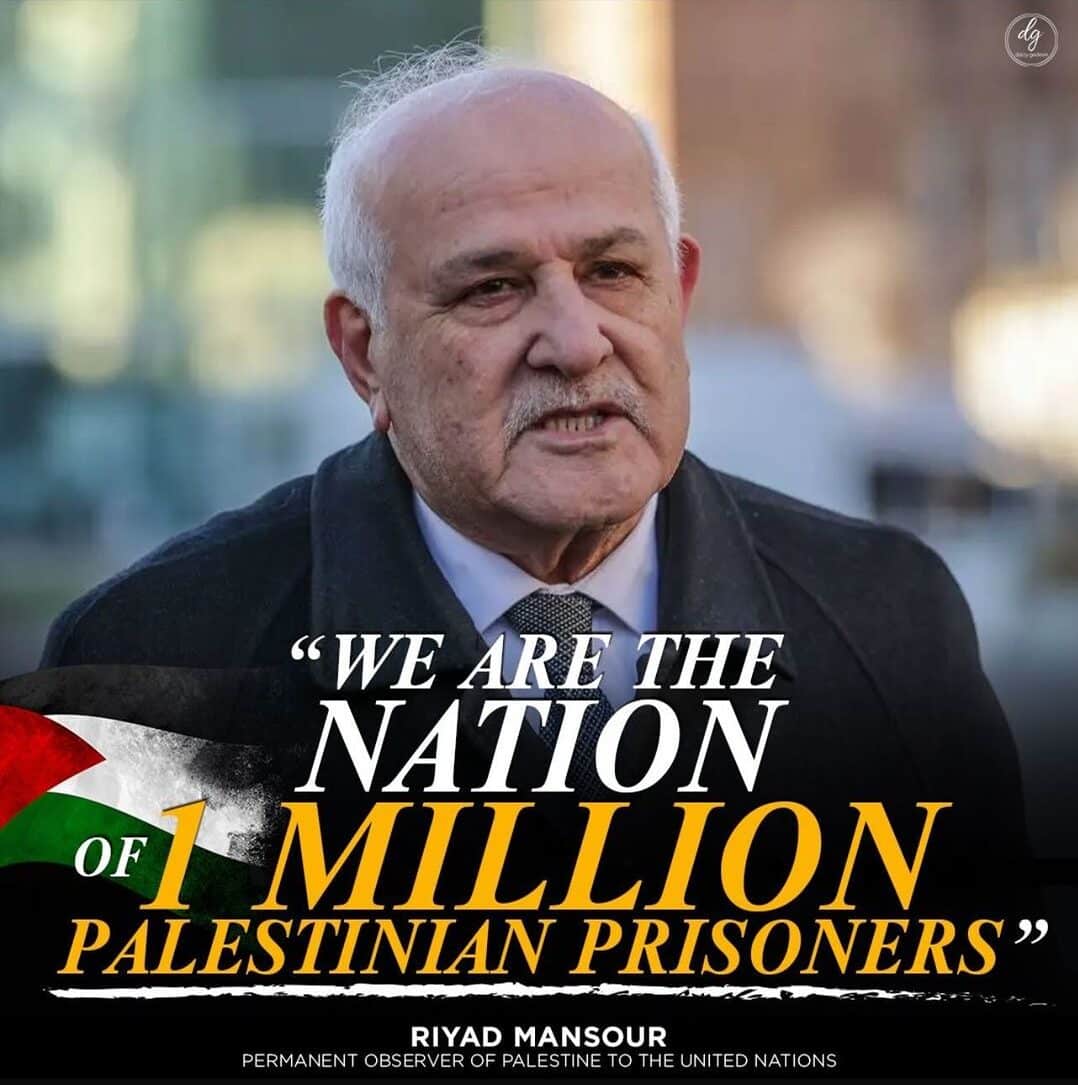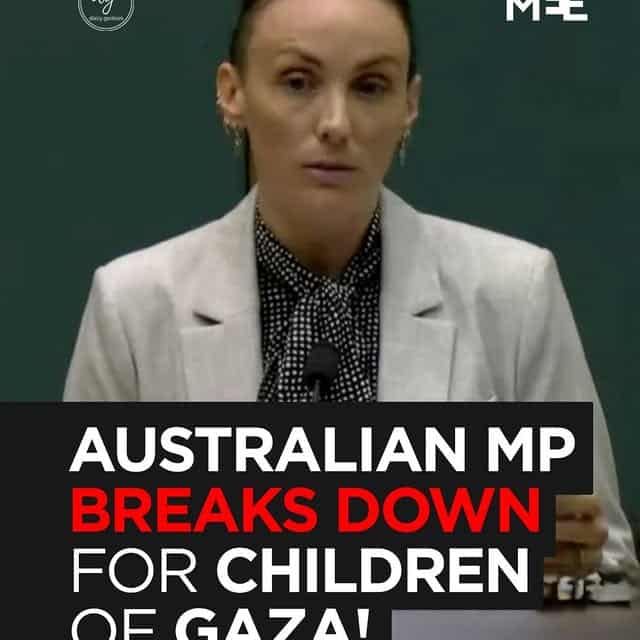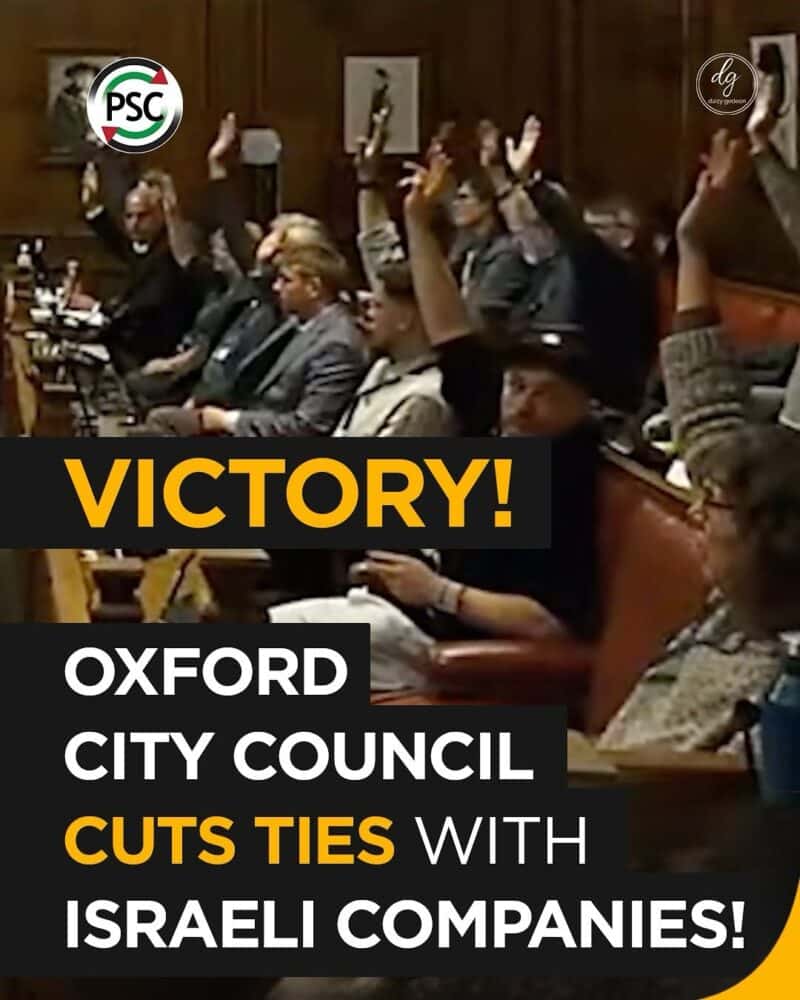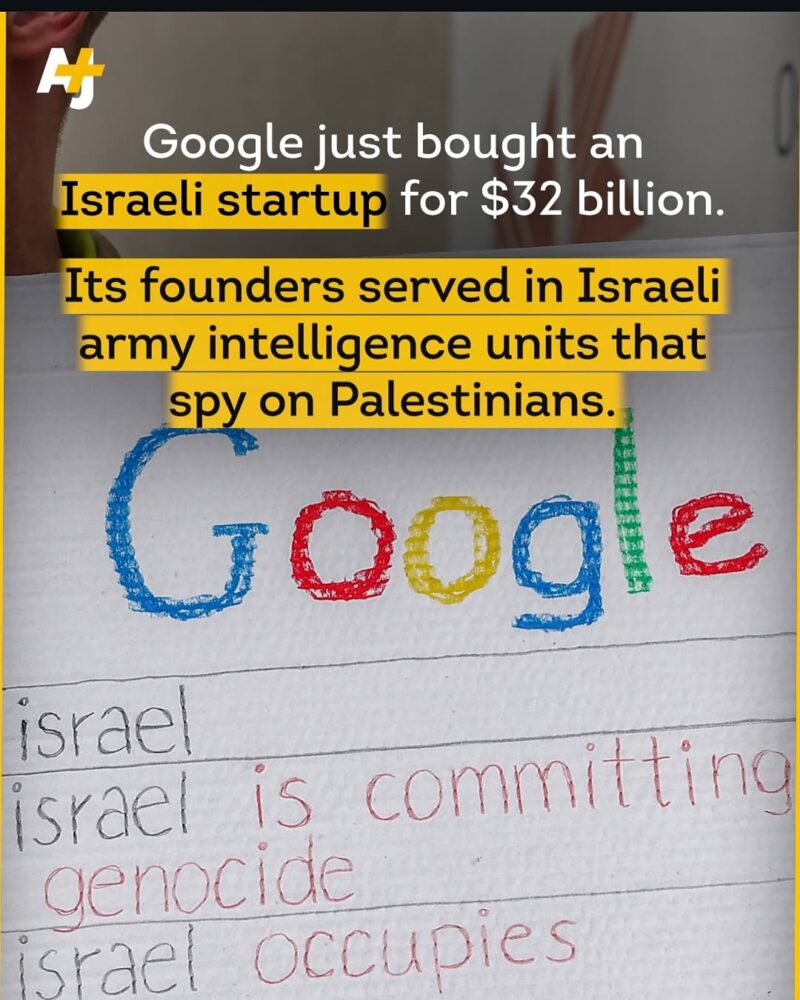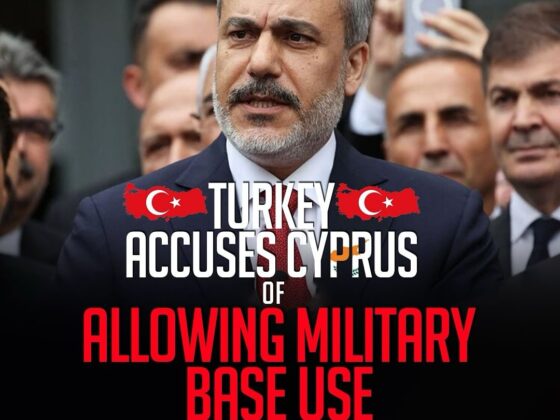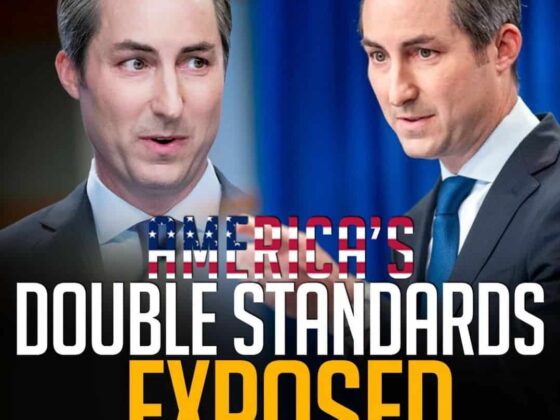“WE ARE TH NATION OF 1 MILLION PALESTINIAN PRISONERS”
June 27, 2024Riyad Mansour, the Ambassador of Palestine to the UN, speaks of the Palestinian struggle of imprisonment,
“There is virtually no single Palestinian family that does not have prisoners in Israeli occupation jails that were already suffering from arbitrary arrests, torture, and ill-treatment, sexual abuse and violence long before the seventh of October… We are the nation of 1 million Palestinian prisoners.”
Despite this, the world turns its eye towards tens of hostages taken by Hamas whilst tens of thousands of Palestinians are imprisoned without trial.
For the world, Palestinian lives are NOT equal to the rest.
@palestine_UN on x
If you advocate for TRUTH & JUSTICE, SHARE to spread the knowledge.
#Gaza #HumanRights #StopTheFamine #MedicalAid #SaveGaza #EndTheWar #HumanityFirst #ActNow #HealthcareForAll #Nakba76 #FreePalestine #StandWithPalestine #JusticeForPalestine #EndOccupation #PalestinianRights #FreePalestine #StandWithGaza #StudentProtest #UniversityOfAmsterdam #HumanRights #Solidarity #NoJusticeNoPeace #Amsterdam #Rafah #فلسطين
English Script:
Riyad Mansour: We are a nation of prisoners. There is virtually no single Palestinian family that did not or does not have prisoners in Israeli occupation jails that were already suffering from arbitrary arrests, torture and ill treatment, sexual abuse and violence, long before the 7th of October. Since then, they have been living in sheer hell. We are the nation of 1 million Palestinian prisoners. Thousands of Palestinians have been abducted, tortured, many killed while in detention, several amputated as a result of their ill treatment. Four times more Palestinians have died in Israeli detention in the last eight months than the number of prisoners who have died in Guantanamo in 20 years. Abduction, torture enforced this appearance. The use of prisoners as human shields and sexual violence against men, women and children. Yes. Children are not worthy of outrage, if the victims are Palestinians? Some of the first rules of humanitarian law, adopted hundreds of years ago were about the treatment of prisoners because they were vulnerable in the hands of the enemy, and it was considered an indignity to harm them when they were defenseless. And this was to protect combatants. So imagine when the detainees are civilians, when they are children. An essential part of the freedom of our people is the freedom of our prisoners.

